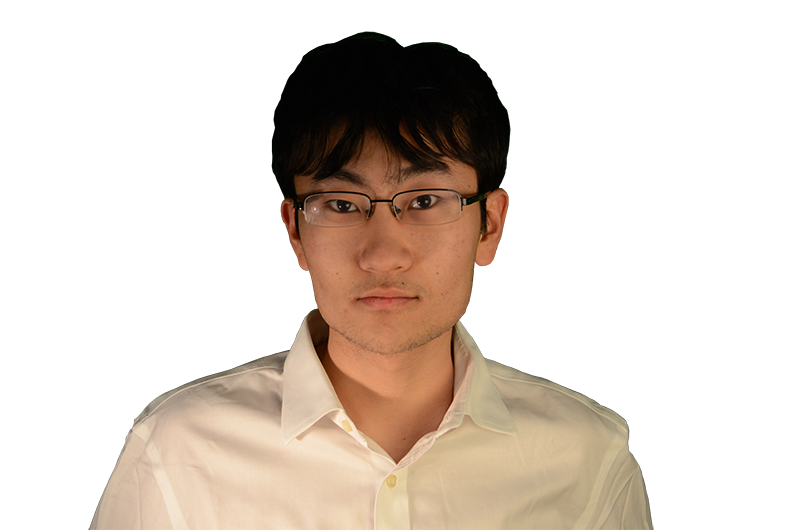Amy Chua, still best known as the “Tiger Mom,” has a new book out this week. Coauthored by husband and academic superstar Jed Rubenfeld, “The Triple Package” claims insecurity, superiority complexes and impulse control drive the success of certain minorities in the United States. Unsurprisingly, writers from the East Coast to the West have already trashed her thesis; several critiques were written by the Indians and Chinese who Chua praises, who were quick to point out the racist undertones and ignorance of socioeconomic factors.
You may think I reject Chua along those lines. You would be wrong.
Using racism in an argument is like throwing a defective grenade; it may just bounce off and fizzle while the opponent rolls her eyes and walks away. I oppose Chua’s work due to something different: It is dishonest analysis, guised as a social-scientific prescription for a weary nation.
In fairness to her and Rubenfeld, they do not say there are specific “model minorities” in America. Though they reject that some groups are fundamentally superior, they treat their three traits like cultural genes, passed down as the social winds change. Suketu Mehta, in Time, shuts down the theory well. He cites several academics who demonstrated that immigrant children’s affluence is explained mostly by parent skill levels. Additionally, expectations against success in historically disadvantaged groups, like blacks and Mexicans, stack their odds against achievement. None of this was mentioned in Chua’s publicity tour.
There is another problem behind the scenes. What are “insecurity” and “superiority complexes” to begin with? A psychologist cannot answer this question: Insecurity can be interpreted as a personality disorder, as depression or as anxiety. Yet these terms’ meanings in social science may sound punchier or more relatable, and Chua exploits this. Obviously these problems of definition always exist in social science, which is why a researcher must keep in mind other theories and dialogue with the academic community. Chua pretends her theory can stand on its own. Biological genes, however, are observable; her vagaries are not.
There is, then, a trend of dishonesty in Chua’s work. It appears in that 2011 memoir, “Battle Hymn of the Tiger Mother,” in which she constantly stresses the importance of her “Chinese” methods compared to “Western” ones. The irony is that most Chinese would not see her as such; she comes from the Filipino-Chinese minority and can barely speak Mandarin. People only considered her as “Huayi” — a descendant of real Chinese. Nor can she understand the real situation among them, where extreme competition for higher education has caused malaise but no creativity. On the Mainland, the opinion is actually that parents need to be more hands-off for their children’s benefit. Ordinary Chinese, as Chua would not have known, ultimately want their children to explore their potential.
Before that, Chua wrote “Day of Empire” on the success of historical “hyperpowers” and “World on Fire” on the ethnic tensions caused by free-market economics. While scholarly, the dishonesty problem lingers. The former collects a set of empires far too removed from modern history to explain well America’s position after the Cold War. She claims political success was a function of ethnic tolerance, but ignores evidence of atrocities conducted by empires like those of the British and of the Mongols. The latter paints an eternal struggle between “market-dominant minorities” and the majority population, but rarely examines how those social constructions came to be.
Both sold well because she sold her histories as parables of the early millennium that America had to know. A segment of the chattering classes, taken aback by Bush’s neoconservatism, stocked up intellectual ammunition and made her a profit. In 2014, she is playing to the same sense of uncertainty over America’s future: The triple package must be regained!
A corporate lawyer by trade, Chua was not paid to seek and only seek the truth. She will not be punished for picking just the evidence she needs and concocting a narrative out of it. If her theories are false, they can still influence and mislead those in power, causing unnecessary harm. She and the many writers like her are part of the political process, a group we have reason to care about — in their search for relevance, they will peddle pseudoscience.
Tom Cui is a Weinberg junior. He can be reached at [email protected]. If you would like to respond publicly to this column, send a Letter to the Editor to [email protected].









